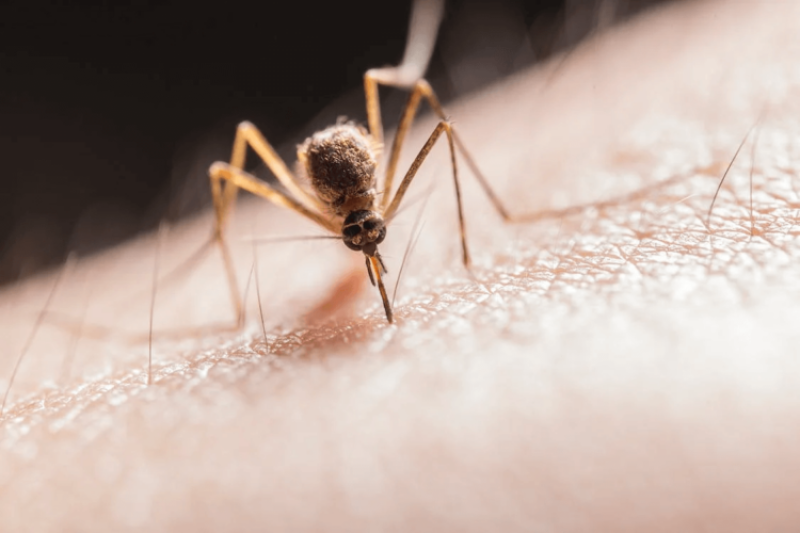Bed netting and insecticides are traditional methods used to prevent the transmission of the disease, however these are increasingly ineffective.
Now a team at the University of California San Diego has developed a new technology to genetically suppress the females of these populations, which are the vectors of malaria spread. Their research is published [7 July 2023] in Science Advances.
Using CRISPR technology, they can disrupt the ‘femaleless’ gene fle, preventing the development of female offspring. This system, now dubbed Ifegenia, was tested in the lab by crossing two families of genetically modified mosquitoes – one which carries the ‘scissors’ gene Cas9, and another which carries the RNA molecule that targets the fle gene.
Similar gene modification has been touted as a management solution for other pest species, including mosquitoes that spread diseases like dengue and yellow fever. In Australia, similar methods have been suggested for the management of introduced predators like cats and foxes, and pests like mice.
However the use of such technology raises ethical questions around their use, something the study’s senior author Omar Akbari says is a hurdle to overcome before such technology is rolled-out at scale.































